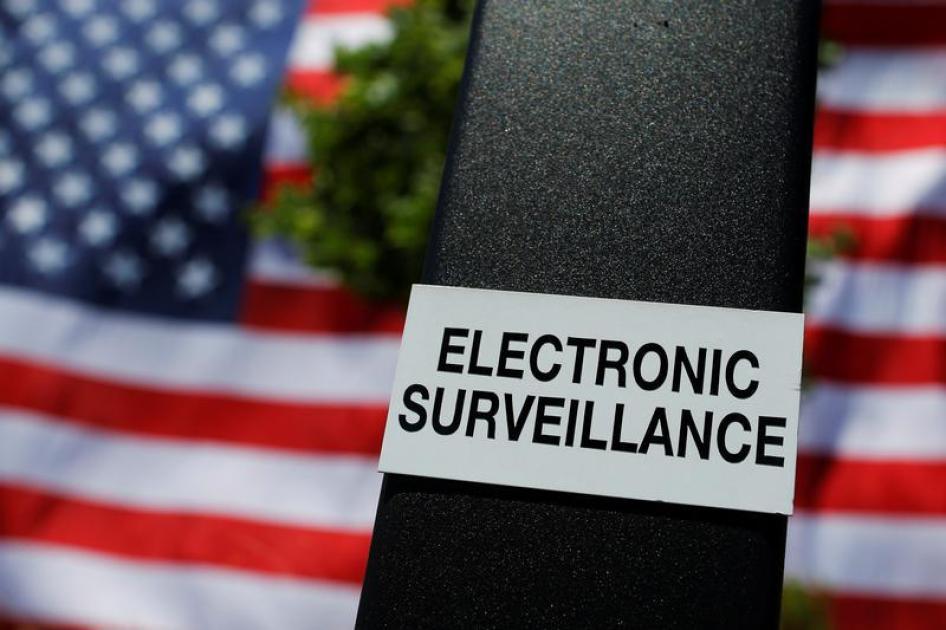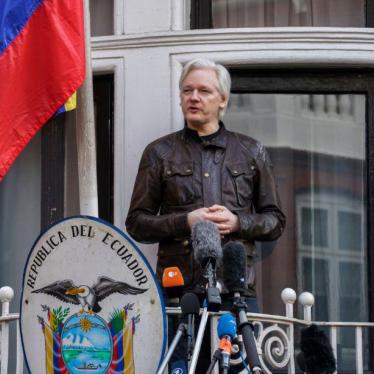Today marks 11 years since the Electronic Frontier Foundation filed a federal lawsuit against mass surveillance in the United States on behalf of Carolyn Jewel and other AT&T customers. When it eventually concludes, this case will determine whether people in the US ever get a judgment on the constitutionality of mass surveillance.
The case began after a technician revealed that AT&T was routing fiber optic cable communications into a secret room in its San Francisco facility controlled by the US National Security Agency (NSA), allowing the government to gather the public’s communications without court authorization.
Throughout the case’s many hearings, the US government has dodged the central contention in Jewel that its unauthorized dragnet violated rights. It argues that to confirm whether the plaintiffs were spied upon would require disclosure of “state secrets.”
Government whistleblower after whistleblower has added to the Jewel plaintiffs’ credibility, showing how likely it was that the government performed massive unauthorized data collection on ordinary people. And although the existence of mass government surveillance is hardly a secret these days, a lower court judge ruled the matter was too sensitive for adjudication. The appeals court hearing the case now is faced with the question of whether individuals can challenge illegal surveillance if the government refuses to confirm it actually spied on them.
Plaintiffs in other democratic societies with their own national security interests don’t face this dilemma. Ordinary people and civil society groups have been able to challenge the legality of mass surveillance in the United Kingdom, Germany, Sweden, and before the European Court of Human Rights. Just this week, a South African court found mass surveillance violated the public’s rights.
As a plaintiff in a related case, Human Rights Watch has a direct stake in the Jewel litigation. We happen to be AT&T customers, and have challenged mass surveillance previously. Now, we are urging the court to remove the blinders imposed by invoking national security and consider these facts: first, human rights defenders are targets of state surveillance the world over; second, surveillance harms everyone’s interest in learning about human rights violations because it inhibits sources and activists; and finally, the US has a long record of obstructing even defendants in criminal cases from learning evidence against them may derive from questionable surveillance.
In the US, courts should not be barred from assessing potential human rights violations whenever the government cries, “National security secret!” The country’s legal system, like those of other democracies, is equipped to address real security concerns without depriving people of a remedy for abusive state practices. You can read our brief in the case here.








